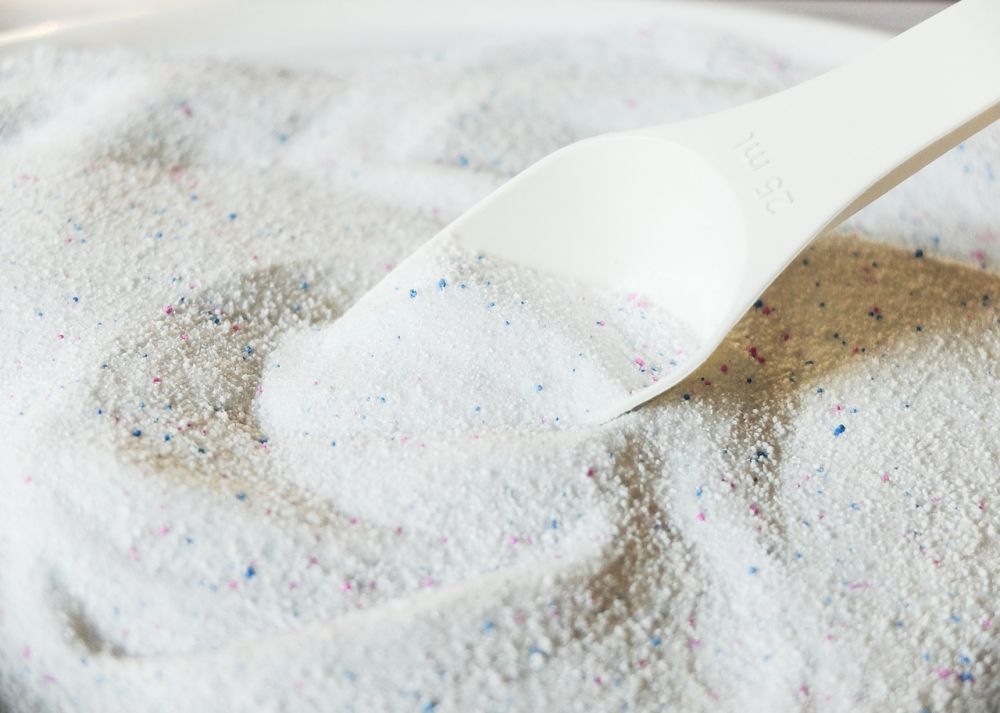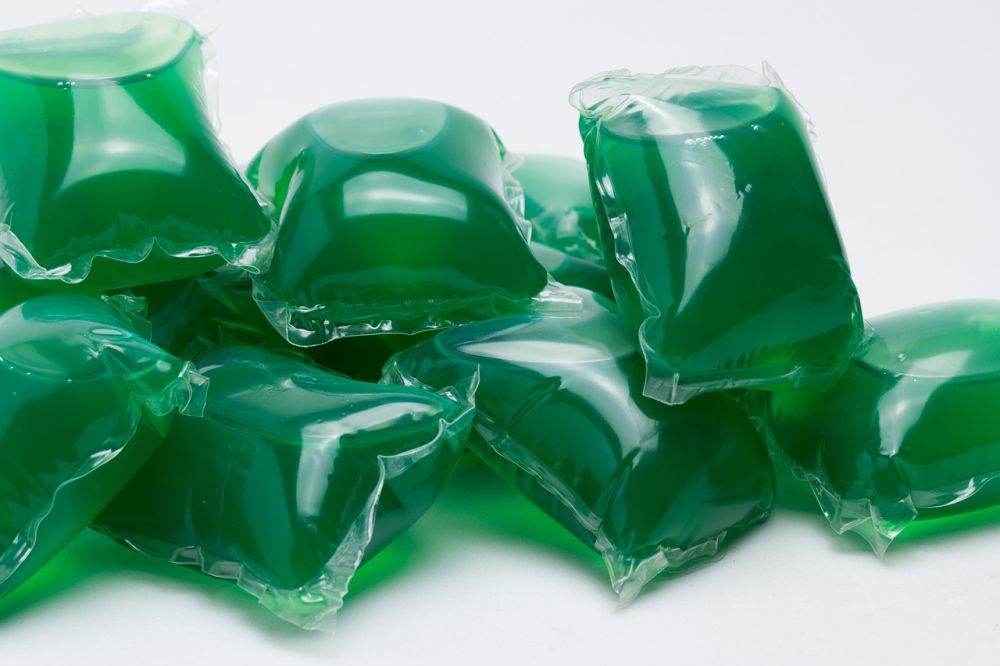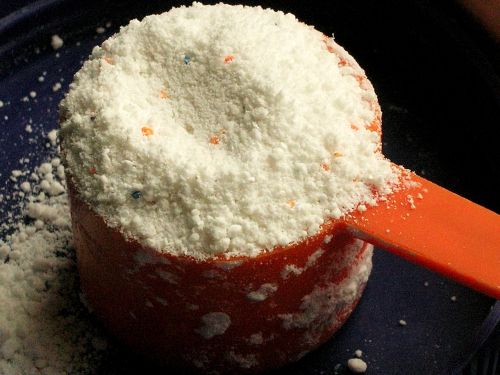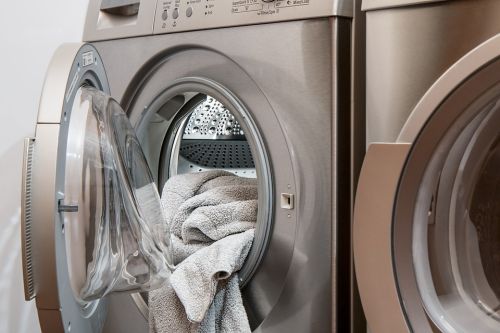The Types of Detergents and How These Cleaning Products Work

Detergents and soaps are often used interchangeably as cleaning products. Both contain chemical ingredients that help break up and remove grime and dirt. However, detergents are specifically formulated with a concoction of additives and synthetic chemicals prepared in chemical plants. From washing powder and stain removers to hair shampoo and shaving foam, detergents play a crucial role in our daily cleaning routines. The primary ingredient in most detergents is a surfactant, a compound that reduces the surface tension of water, making it easier to clean surfaces. The term "surfactant" is derived from the words "surface-active agents."
There are various types of detergents, each designed to work differently depending on their composition and intended use. Let's explore some common types of detergents:
The Homemade or Do-It-Yourself (DIY)
Homemade DIY detergents can be cost-effective and customizable. You can select ingredients and fragrances according to your preferences and skin sensitivity. The best part of DIY detergents is their ability to avoid harsh toxins and chemicals, often found in commercial products. DIY detergents can last a long time but may have drawbacks, such as being less effective, time-consuming to make, and sometimes messy.
Chemical-Based Detergents

Conventional chemical-based detergents typically contain carcinogens and toxic chemicals. These detergents often include chemical fragrances, stabilizers to extend shelf life, and additives like brighteners, bleach, and phosphates to enhance performance in hard water. However, these chemicals can leave residues on clothes, potentially causing skin irritation. Despite their effectiveness, the health and environmental concerns associated with chemical-based detergents are significant.
Detergent Powders
Powder detergents have a longer shelf life compared to liquid detergents. They are suitable for bulk buying, making them a cost-effective option. However, powder detergents can be challenging to dissolve in water, sometimes leaving chalky deposits on clothes. They are also less effective in cold water compared to their liquid counterparts.
Liquid Based Detergents

Liquid detergents are highly effective when mixed with water, especially cold water. They are excellent for pre-treating stains by applying the detergent directly to the stain and letting it sit before washing. Liquid detergents can be prone to overuse due to their form, leading to potential wastage and environmental concerns related to packaging.
Non-Toxic Pods

Detergent pods are a convenient, chemical-free alternative. They eliminate the guesswork in measuring detergent, as each pod contains a pre-measured amount. Pods dissolve quickly in any water temperature and are typically free from dyes, chlorine, masking agents, and phosphates. They are hypoallergenic and safe for sensitive skin, making them a popular choice for families.
How do these types of detergents work?
To work effectively, detergents must have the following properties:
Reduce water surface tension
Emulsify soil and lift it from surfaces
Suspend soil particles in the solution
Dissolve and remain effective in cold and hard water
Be safe for users when used correctly
Cause no damage to cleaning surfaces
Rinse easily without leaving residues or streaks
Be cost-effective
Conclusion
There are various types of cleaning products, each with its unique benefits and drawbacks. When choosing detergents, consider factors like skin sensitivity, environmental impact, and cleaning effectiveness. Non-toxic and chemical-free cleaning products are generally the safest for both your skin and the cleaning surface. For more detailed guidance, check out our previous article on selecting the best types of detergents for laundry.
Check more articles on our blog

Top 6 Uses for Clothes Steamer for Cleaning at Home

The Types of Detergents and How These Cleaning Products Work

The 5 Benefits Of Central Vacuum Systems For A Home Filled With Clean Air
